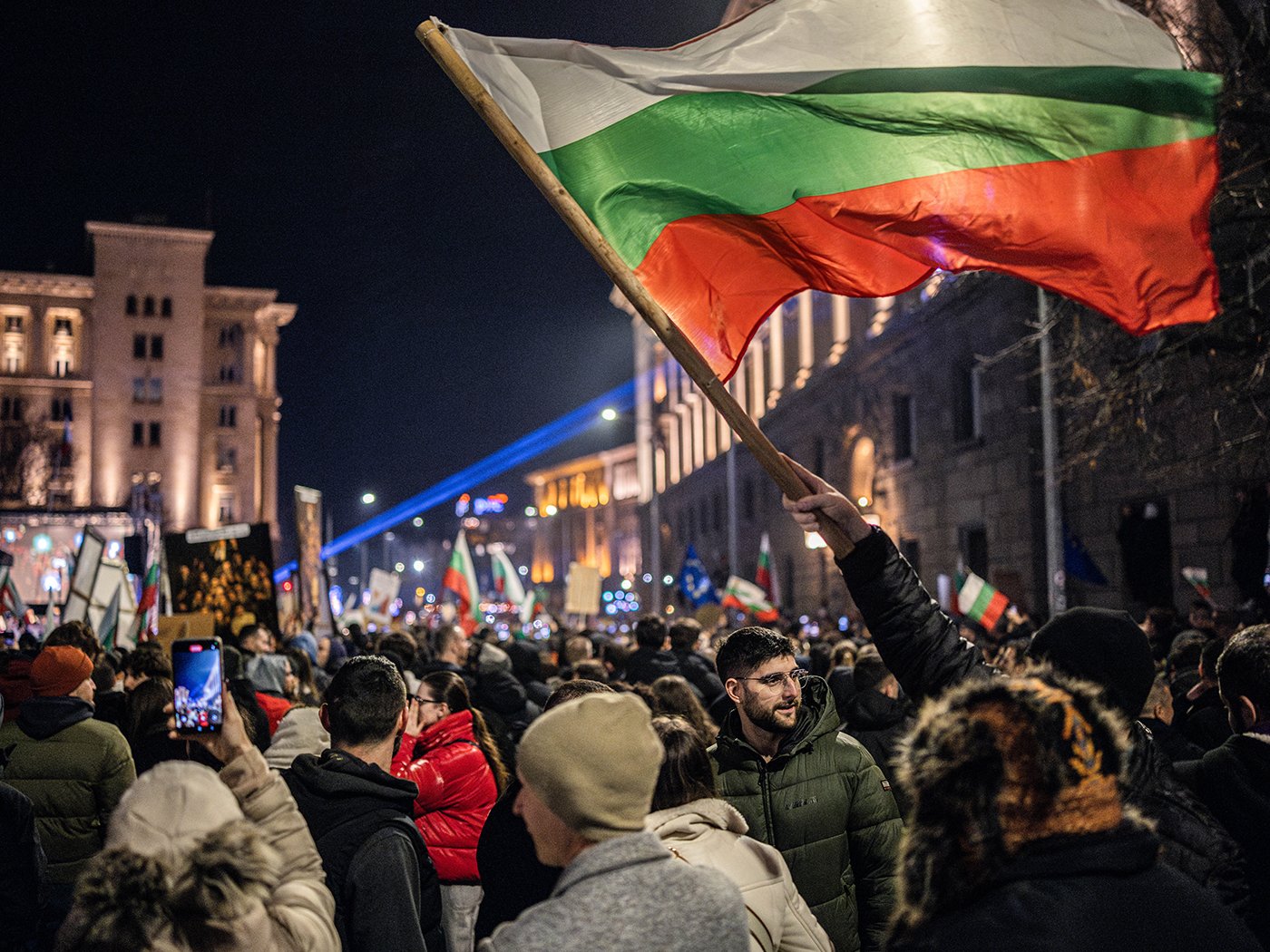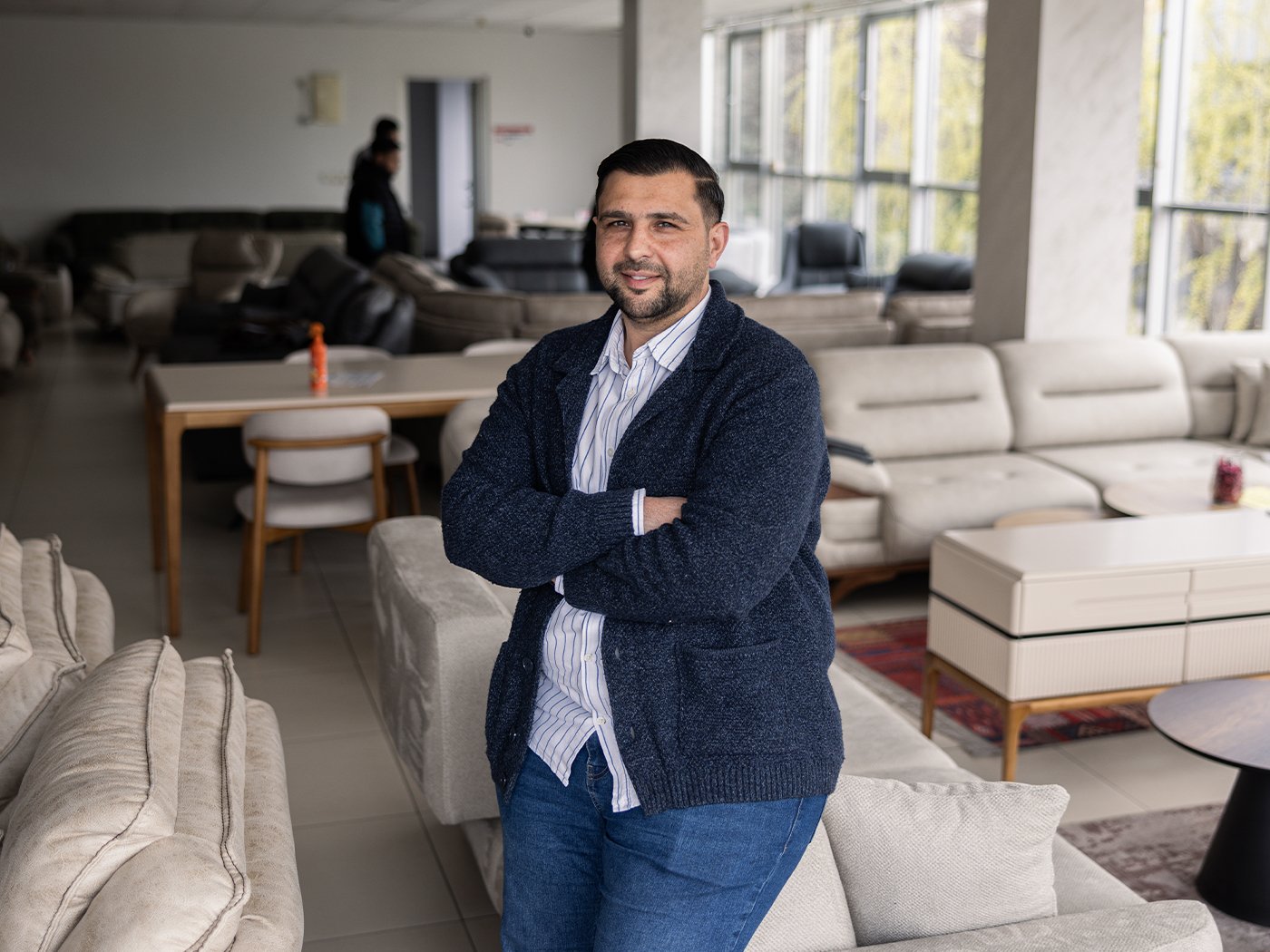During World War II, the Nazis and their collaborators killed hundreds of thousands of Roma men, women and children across German-occupied Europe.
Between 1933 and 1945, Roma and Sinti in Europe were targets of Nazi persecution. Building on long-held prejudices, the Nazi regime viewed Roma as “asocials” (outside “normal” society) and as racial “inferiors.” During World War II, the Nazis and their collaborators killed hundreds of thousands of Roma men, women, and children across German-occupied Europe.
Mass killings of Roma reached their pinnacle on July 31–August 2, 1944, when the Germans began the liquidation of the Zigeunerlager (“Gypsy camp”) at Auschwitz-Birkenau. Almost 3,000 Roma were put to death in this single operation.
How many Roma were killed during the genocide?
The unreliability of pre-genocide population figures for Roma makes it difficult to estimate the number and percentage who perished. Scholarly estimates range from 300,000 to 500,000.
Who remembers the Roma Genocide today?
Sometimes known as the “Forgotten Holocaust,” the Roma Genocide was excluded from the history of World War II for decades after the end of the war. There were no Roma witnesses at the Nuremberg Trials. In 1950, German judges hearing restitution claims were advised by the Württemburg Ministry for the Interior that “Gypsies were persecuted under the National Socialist regime not for any racial reason, but because of an asocial and criminal record.”
Since the 1970s, activists and researchers have fought to have the genocide acknowledged as part of a wider movement for Roma rights. Crimes against the Roma during World War II were officially recognized by the German authorities in 1982. Thirty years later, in 2012, Chancellor Angela Merkel unveiled a memorial to the Roma Genocide in Berlin.
Today, Hungary, Poland, Slovakia, Ukraine, and Croatia observe August 2 as Roma and Sinti Genocide Remembrance Day. On April 15, 2015, the European Parliament passed a similar resolution calling for August 2 to be recognized as European Roma Holocaust Memorial Day to commemorate the victims of the Roma genocide in World War II.
Why does remembrance of the Roma Genocide matter?
The lack of recognition of the crime reflects the long-standing discrimination against Roma people in Europe. Properly acknowledging the past treatment of Roma is crucial not only for the justice and dignity of those who died but also to confront ongoing anti-Roma speech and behavior.
Today, anti-Roma discourse from elected officials and the media continues, and bears many similarities to discourse during the 1930s and 1940s in Europe. While antisemitism is publicly unacceptable in most parts of Europe, the same is not true of anti-Roma discourse.
Remembrance also includes recognition of Roma resistance during the genocide, particularly on May 16, 1944, when Roma launched one of the few uprisings to take place in Auschwitz. Fighting against all odds with stones and tools, they barricaded themselves in the barracks and were able to forestall imminent extermination for several months.
What can be done to improve recognition of the Roma Genocide?
In recent years awareness of the Roma Genocide has increased. For example, in Lety, Czech Republic, grassroots Roma activists succeeded in having Czech authorities remove a pig farm that had been standing on the site of a World War II Roma forced labor camp for decades. But numerous killing sites across Europe have yet to be recognized and commemorated.
School history books, particularly in countries affected by the genocide, should include reference to the Roma Genocide. The United Nations can also do more; only a handful of speakers have ever addressed the UN on the Roma Genocide. For its most recent official Holocaust commemoration, the UN failed to invite any Roma speakers at all.
This explainer was originally published on opensocietyfoundations.org.

Roma Foundation for Europe
The latest

Bulgaria Must Choose Democratic Renewal Over Democratic Pretence

Unlawful but Cheap: What Portugal’s Court Ruling Signals for Extremist Politics in Europe

The Roma Factor: Catalyzing Innovation and Growth in Europe
Browse by category
Campaigns
Events
Facts
Press
Voices
For media inquiries:
[email protected]Sign up here so you don’t miss out on campaign updates, upcoming events and other news from the Roma Foundation for Europe and our network.
Sign up for our newsletter